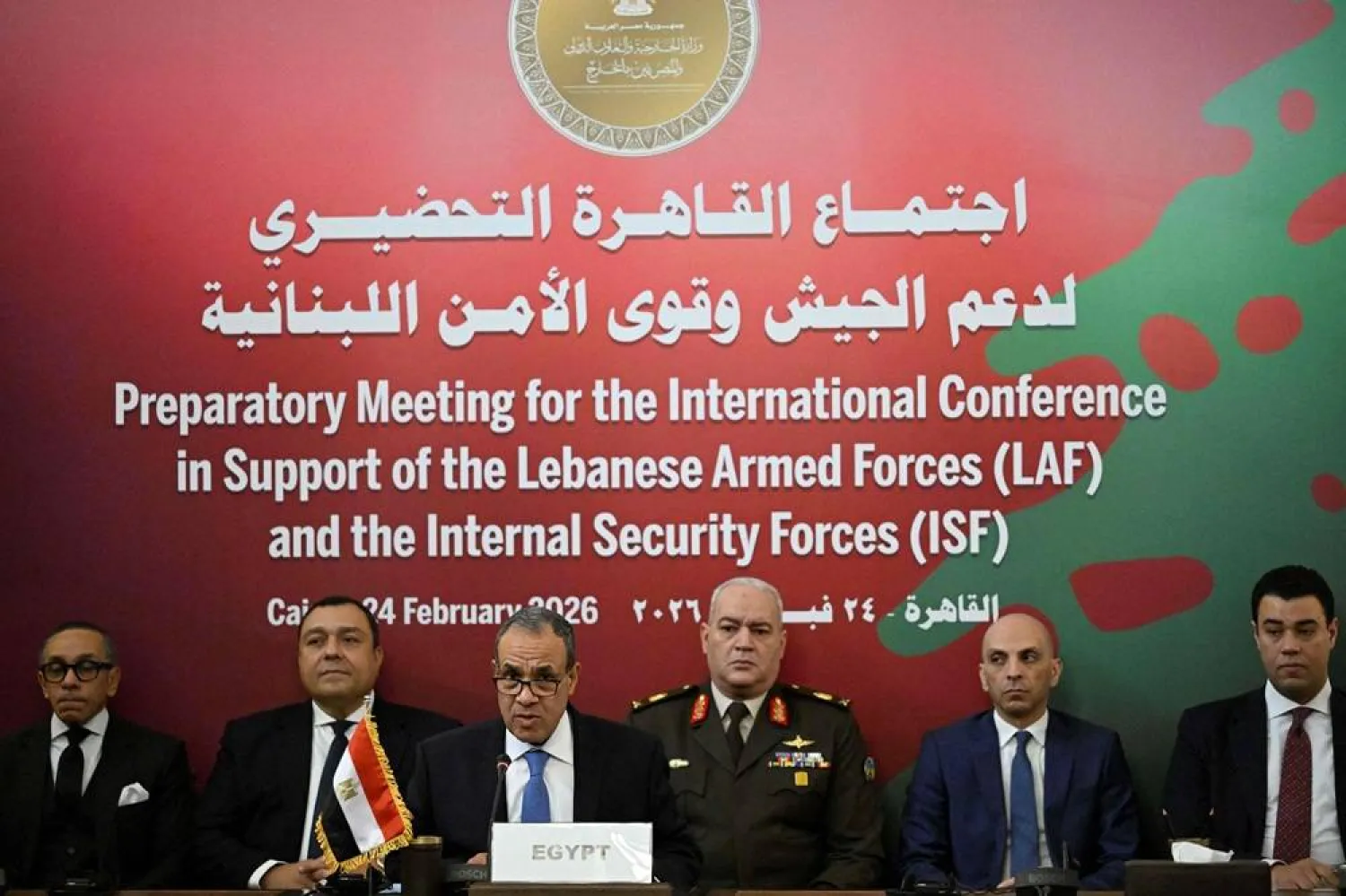Hezbollah Secretary-General Hassan Nasrallah on Friday evening hosted the leaders of the Free Patriotic Movement and Marada Movement, Gebran Bassil and Sleiman Frangieh, political rivals of each other but both close to Hezbollah.
The meeting is seen as Hezbollah seeking to “arrange relations between allies” and “reduce the ceiling” of disparities in preparation for parliamentary elections and their aftermath.
In a terse statement, Hezbollah said that its leader held an Iftar fast-breaking meal with Bassil and Frangieh, along with other figures.
During the Iftar meal, the attendees discussed the political situation in Lebanon and the region, the Hezbollah statement added, without going further into details.
Frangieh and Bassil are described as “sworn allies of Hezbollah.”
The two are potential rivals for the presidency in the vote slated for October 2022 to succeed Michel Aoun, Bassil’s father-in-law. They also hail from two regions close to northern Lebanon.
Deep differences between them prevented their electoral alliance in 2018 and will likely do the same in parliamentary elections scheduled for May 15.
This is the first meeting between the two parties in years.
Nasrallah has been seeking for some time to gather his allies, among other efforts to narrow the areas of difference between all his allies and bring their views closer.
In the past, the differences between Hezbollah's allies did not affect strategic issues.
Despite the political differences and electoral struggles between the Marada Movement and the Free Patriotic Movement, a common space between them remained, namely their alliance with Hezbollah.
Frangieh had recently confirmed in a television interview that he was not interested in protecting Bassil, nor in removing him from the picture.
“The interest of my arch ally is more important than my strategic opponent,” said Frangieh.
It does not seem that the meeting is related to the elections, for which preparations have ended.
Qassem Kassir, a political researcher who follows up on Hezbollah developments, believes that the tripartite meeting “is a for the aftermath of the elections.”
“Hezbollah wants to organize the ranks of its allies for that next stage, and thus forms an organized coalition that can manage matters and files in the post-election stage,” explained Kassir.
Kassir noted that Hezbollah is in the process of “arranging its ranks and the ranks of its allies for a stage that requires unified positions.
The researcher moves on to highlight that election results will help crystallize many matters and that this meeting falls within Hezbollah’s efforts to find common grounds among its allies, a task that it has been working on for some time.
The post-election period will include final negotiations with the International Monetary Fund, the formation of a government and the election of a new Lebanese president.
Moreover, there will be a need to resolve pending issues such as demarcating the maritime borders with Israel and extracting energy from Lebanon.
Kassir refuses to say that the meeting is linked to the upcoming presidential elections, saying that the upcoming mandate “is linked to its circumstances and internal and external influences.”









